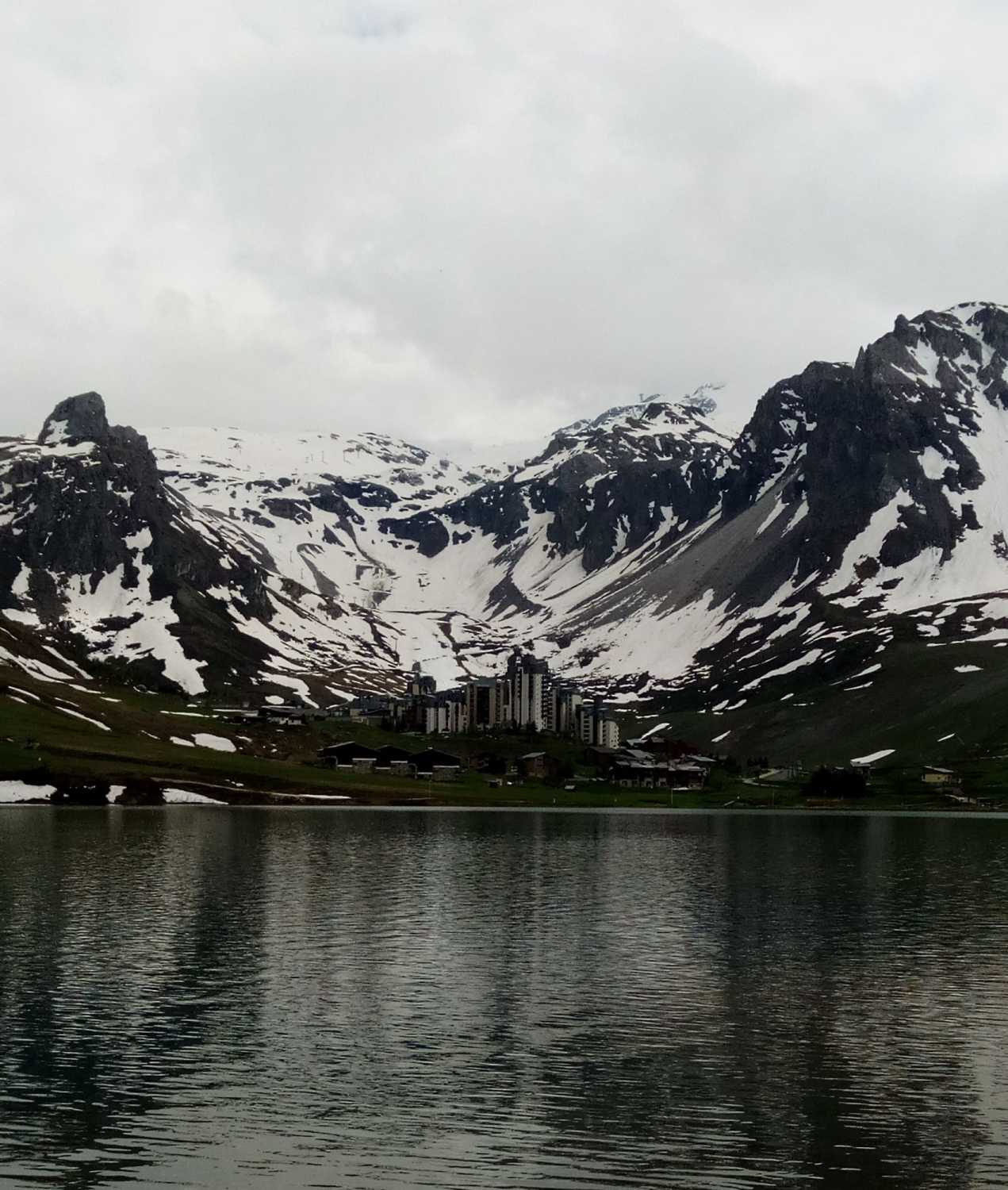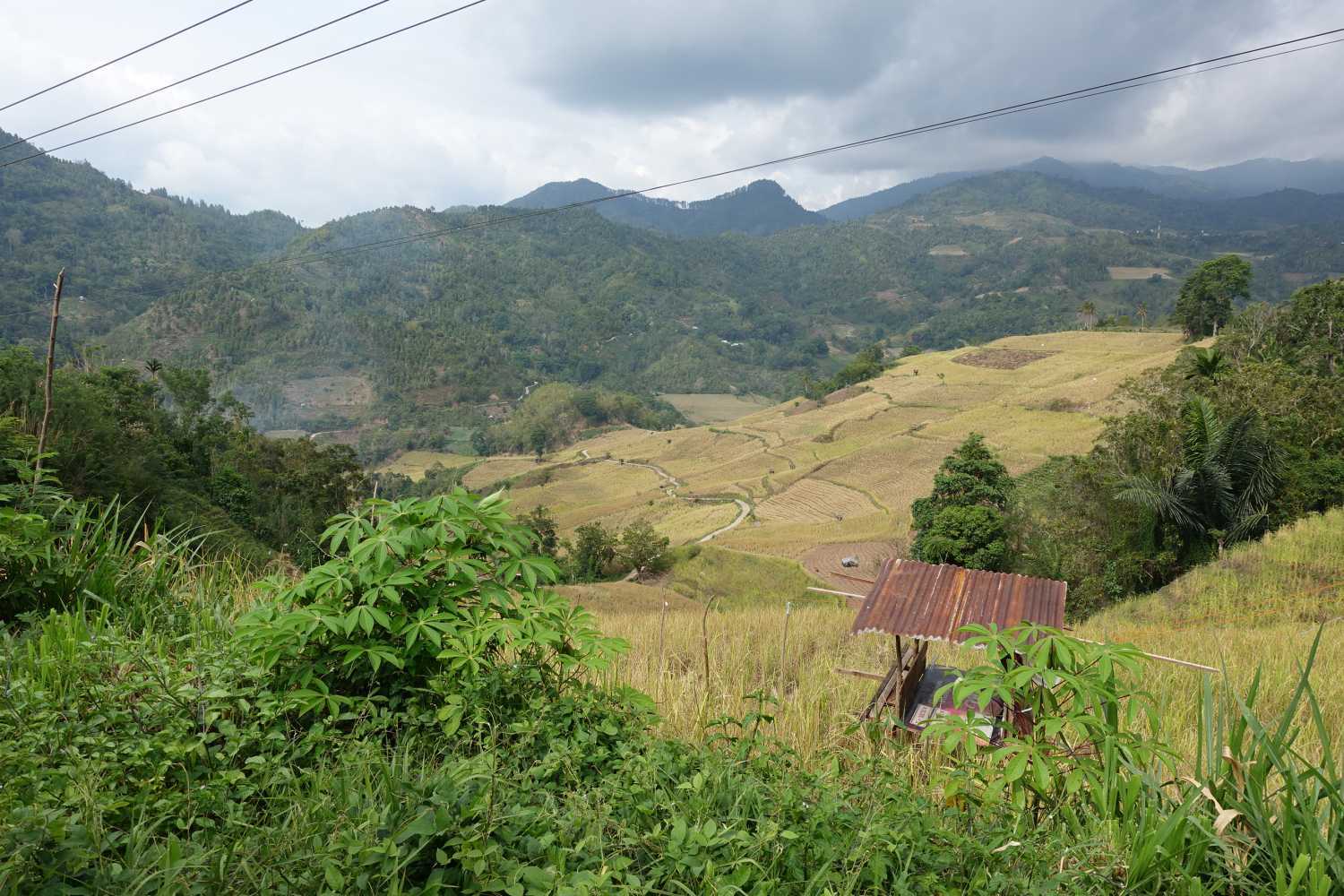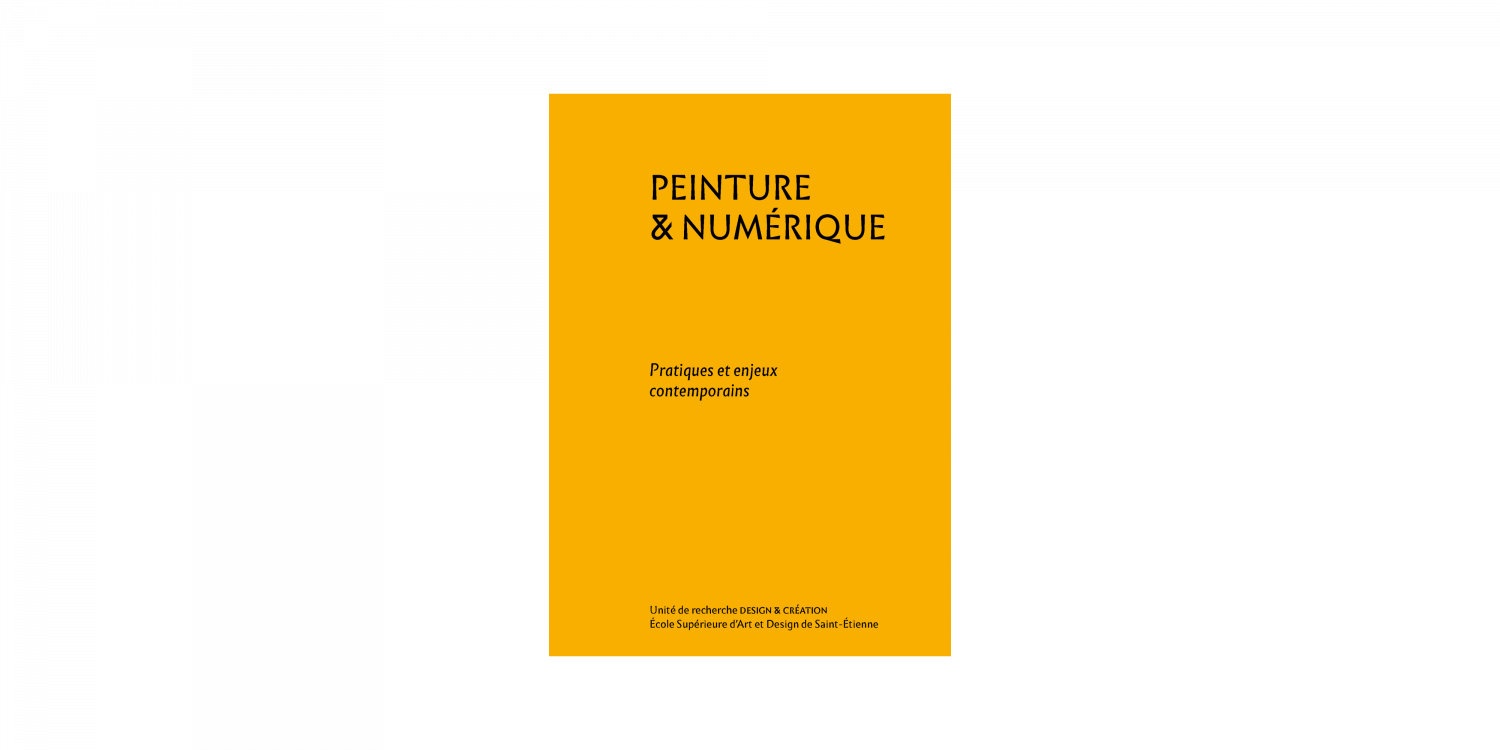
An experimental project by Delphine Hyvrier (PhD Candidate UJM/Cité du design).
Axis Bifurcations
Cultural representations ― design and architecture as political project ― soft-power ― environmental history ― sensibilities history ― myth of progress ― ontologies ― ways of living ― standardization
Projet by: Delphine Hyvrier, PhD Candidate UJM/Cité du design
To adapt to their environments, humans develop collective representations of nature. These representations are mediated by techniques and tools that are socially shared. These relations to the environment, both material and symbolic, are what defines our ways to inhabit a place, our ways to conceive architectures, objects, and use them everyday, systematically (but not always consciously) depending on a precise interpretation of what nature is. Our contemporary and occidental ways of living aren't strictly rational, but have been influenced by historical contexts, political interpretations of nature, political decisions and their applications. The limits reached by our occidental unsustainable ways of living require an enquiry on the collective comprehensions and representations of nature our everyday objects and architectures support and favour.
Many different ways of living existed in France at the beginning of the last century. This diversity of objects, architectures, cultures came from as many different adaptations as different geographical zones, climates and topographies of the country. The period of the reconstruction after the Second World War gave politicians, architects and designers a unique opportunity to apply their modernists theory to design a universal way of life. These disciplines, working at the intersection of esthetical, ergonomical and technical problematics, contributed to reorganize on a national scale ways of living according to precisely predefined norms and concepts supposed to unify and simplify french ways of living. By doing so, did they also contribute to shape our contemporary representations of nature, by standardizing the diversity of relations to the environment that existed before ? How does this influence operate ? As ecological issues interrogate the cultural hegemony of occidental ways of living, how can we now inhabit together a multiple-faced nature?




Macula - L’attirance de l’œilExposition d’étudiant·e·s de l’Esadse et de l’UJM à La Belle Époque

Votre navigateur est obsolète, l’affichage des contenus n’est pas garanti.
Veuillez effectuer une mise à jour.